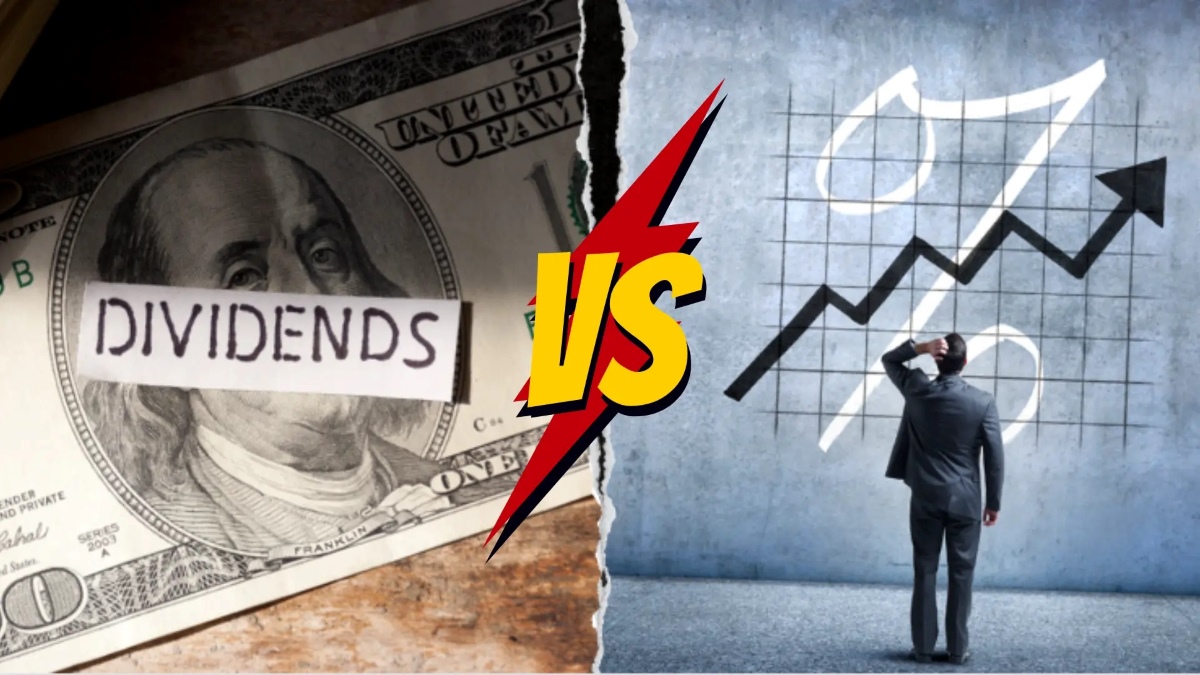

Finance
Vulture Capitalist Definition
Published: February 16, 2024
Learn the definition of a vulture capitalist in finance and how they operate. Understand their role in the market and their impact on businesses.
(Many of the links in this article redirect to a specific reviewed product. Your purchase of these products through affiliate links helps to generate commission for LiveWell, at no extra cost. Learn more)
Welcome to the World of Vulture Capitalism
When it comes to the world of finance and investment, there seems to be no shortage of intriguing terms and concepts. Today, we are going to dive into the fascinating world of vulture capitalism. What exactly is vulture capitalism, you ask? Well, put simply, it refers to a type of investment strategy where individuals or firms seek out distressed companies or assets that are undervalued or struggling financially. They swoop in, make strategic acquisitions, and then work to turn these businesses or assets around for a profit.
Key Takeaways:
- Vulture capitalism involves targeting distressed companies or assets for investment and turning them around for profit.
- It can be a controversial practice due to the potential negative effects on employees and communities.
Now that we have a basic understanding of what vulture capitalism is, let’s dig a little deeper into this intriguing strategy.
One of the key characteristics of vulture capitalism is the focus on distressed companies or assets. These may be businesses that are struggling due to poor management, high debt, or other financial challenges. Alternatively, vulture capitalists may seek out undervalued assets such as real estate properties or distressed loans. By taking advantage of these opportunities, vulture capitalists can potentially acquire assets at a fraction of their true value. This can lead to substantial profits if the assets are successfully turned around or repositioned in the market.
However, it is important to note that vulture capitalism isn’t without controversy. Critics argue that this investment strategy can have negative effects on communities and employees. When distressed companies are acquired, layoffs and restructuring often follow in order to cut costs and streamline operations. This can result in job losses and economic hardship for employees and local communities. Critics also point out that vulture capitalists may prioritize short-term gains over long-term sustainability, leading to potential negative impacts on the companies and industries they invest in.
Despite the controversy, vulture capitalism remains a significant part of the finance world. Vulture capitalists are skilled at identifying opportunities in distressed markets and have the expertise to turn these investments into profitable ventures. This strategy requires a deep understanding of financial markets, risk assessment, and operational management.
In conclusion, vulture capitalism is a unique investment strategy that involves targeting distressed companies or assets for profit. While it has its critics, there’s no denying the potential for gains and the expertise required to succeed in this field. It’s a fascinating concept and one that continues to shape the landscape of finance and investment.














